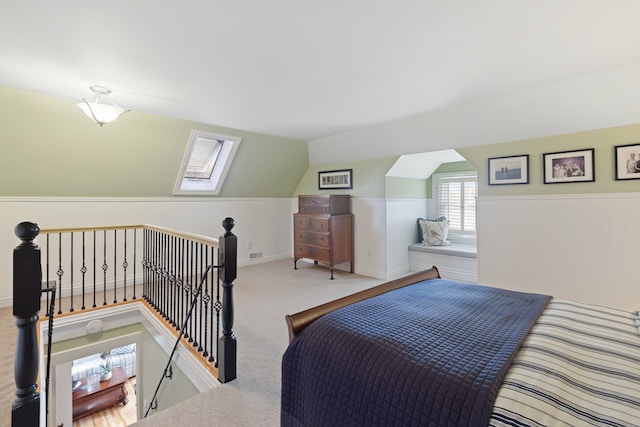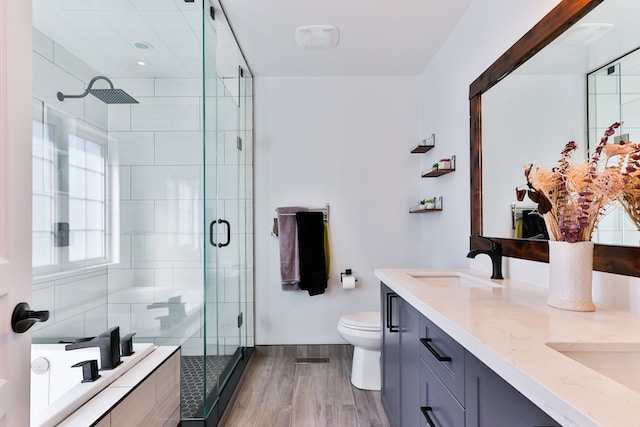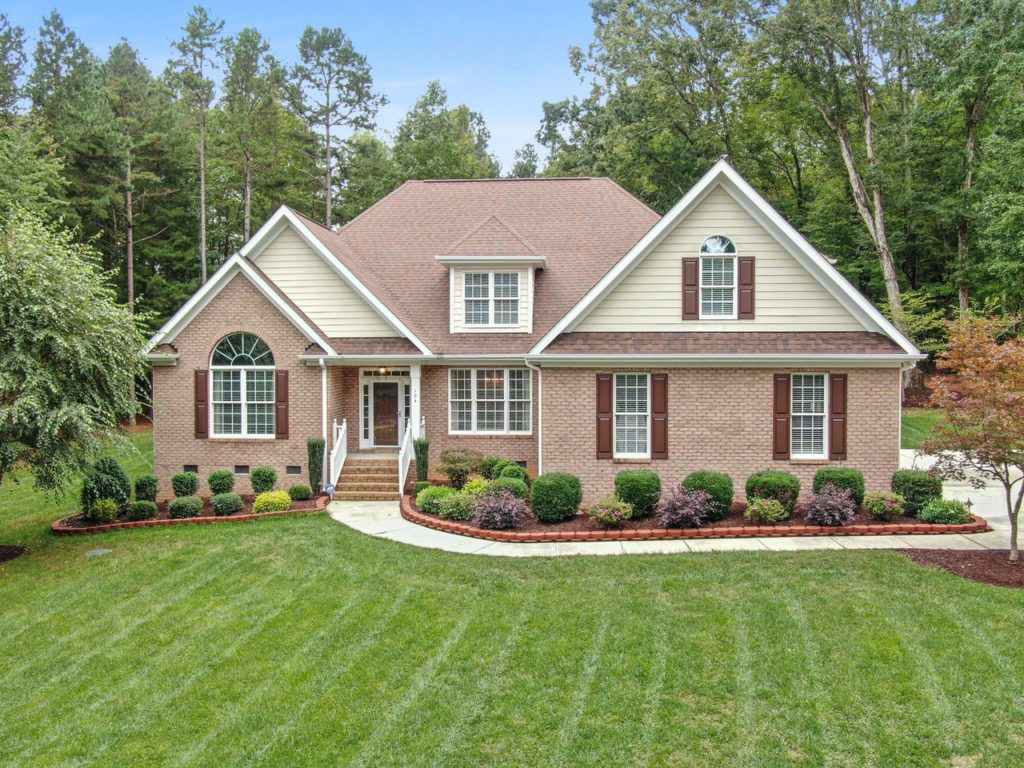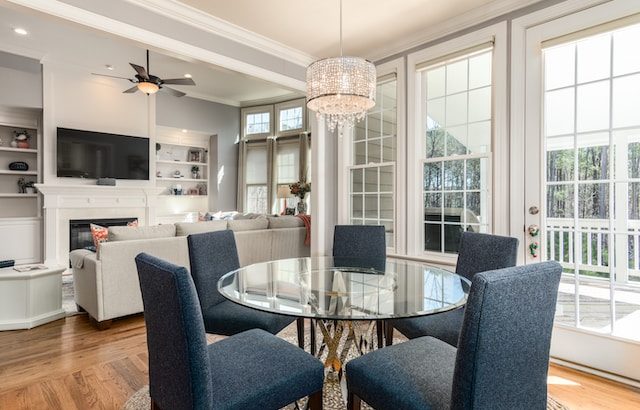When it comes to home improvements, you might not be aware of how helpful even the simplest ones can be when it comes to increasing the value of your property. Even small things like superficial repairs and new windows can make a world of difference to the value you will be quoted when selling your home. Of course, it’s not always easy to undertake this kind of task, and so it is important to carefully consider it before you go ahead. However, before you make any decisions, make sure you read our list of the top home improvements that add value to your home. You might find a few that you can do easily.
Preparing to Sell Your House
Getting ready to sell your home is no easy task. There are solicitors to talk to, viewings to arrange, and a range of hoops that you need to jump through. However, these things can wait. The first thing you need to do before you go through the main phases of selling your home, is to ensure that it is in prime condition. After all, no one wants a house that is falling apart or looks a little run down. Make home improvements your priority, and you will see a sharp increase in the market value for your home.
Improvements You Should Make
#1 Structural Repairs
These are incredibly important, and they need to be dealt with. You can’t just cover these up either. It might fool the person who is viewing the home, but it won’t get past the surveyor. Structural damage can take a lot off your asking price, and lead to you getting a lot less than you bargained for. No one wants to move into a house that is suffering from structural damage, and it is only right to make sure this is fixed before it goes on the market. Here are some examples:
- a sagging or leaking roof
- rising damp
- structural cracks to walls
- bowing walls
- rotten joists or roof timbers
- insect infestation
- missing or broken roof tiles
- an unstable chimney stack
- a collapsed floor/slab
While these tend to be some of the most expensive repairs you are likely to make, it is well worth it when you consider how much can be taken off the value of your home if they are left as they are. Of course, you can always consult a few builders and surveyors to ensure that it is structural work and not cosmetic.
This kind of repair work can take quite a lot of time to complete. As a result, it is important that you identify the issues early on and get them sorted right away. The faster the work is complete, the sooner you can have your house on the market.
#2 Superficial Defects
Superficial defects don’t really detract from the overall value of the home. However, before you dismiss them, there is an important point to make. While they don’t affect the value, they do affect the level of interest from buyers and, therefore, sales. People who are viewing your home will be less likely to buy if there see superficial defects. People want to imagine themselves living in a lovely and pristine home, not one that is falling apart. Here are some of the main defects, many of which you can fix yourself if you have the time:
- squeaking or sticking doors and windows (tip: WD-40 or 3-in-1 oil will usually sort these problems out)
- mouldy grout in tiled areas (tip: bleach and a small brush work wonders)
- peeling paint (tip: try one of the economical, eco-friendly paints from Graphenstone to touch up paintwork)
- bad smells (tip: mix 250g of soda crystals with 500 ml hot water and pour down sinks to clear blockages. Better still, soda crystals are environmentally friendly because they don’t contain enzymes or phosphates and are biodegradable. )
- loose tiles (see this advice on how to repair tiles)
- door latches that don’t work
- mouldy sealants in kitchen and bathroom
- dripping taps
- broken or damaged windows
- squeaky floors and stairs
- cracks in ceilings and plasterwork
- lifting flooring

#3 Loft Conversions
Loft conversions are incredibly popular. They add a lot more space, and that means additional value. You can create a whole new bedroom in the loft, or a home office. Of course, before you go ahead with this, you first need to make sure you have room for the staircase on the floor below. Without an ample staircase, there is little point in the project.
Next, you need to receive planning permission for certain aspects of the conversion of your loft. You must also ensure that the work carried out meets all building regulations and is built using the correct timbers. This is something you can discuss with the builders you talk to, as different roof timbers cost different amounts. Building regulations also mean that you need to ensure it is very well insulated, as well as meeting a range of other criteria.
Dormer windows and skylights are great for allowing natural light into the room. When it comes to planning permission for loft conversions, it tends to only be the dormer windows that require the permission. The rest is free of planning permission, unless of course, it is a listed building. That requires you to contact your local council for further information.
#4 New Windows
Replacing the windows can do a world of good for adding value to your property. Doubled glazed and PVCu are the things that will help to add value, especially on the lower end of the market where it is considered essential. They are a very secure form of window, are energy efficient, and they require very little maintenance – making them more than ideal.
However, higher value properties may not benefit from an increase in value with windows like these. For these properties, aesthetics is a bigger issue, and PVCu windows can really detract from this. As long as they are intact and in good condition, leave the original period windows. If you need to replace them, try to find a wooden framed window, or ones that are very similar to what you have currently installed.
Make sure all new windows are double glazed, unless a conservation area or listed building regulation declares otherwise. It is essential to check these things before you replace windows, as plastic windows are not acceptable for many conservation areas or listed buildings. Timber doesn’t always mean high maintenance either, so make sure potential buyers know that.
#5 Remodel the Space
Take a look at the existing space in your home. Can you remodel it? Are there alterations that can be made to improve it? This work doesn’t have to be expensive but make sure you always contact a structural engineer and a surveyor before you go ahead with any changes to your home.
Think about the potential of combining rooms, like the kitchen and dining room, or removing hallways that aren’t needed or aren’t practical. Fewer rooms with better natural lighting will sell better than more rooms with a lack of natural light. These are important aspects to consider, and should be taken into account.
Also remember, whatever work you decide to undertake, that it’s important to use breathable building materials (especially on period homes) that don’t trap moisture. Environmentally friendly products are available that are airtight but also control vapour making your home energy efficient but also healthier.
Finally, make sure you have any necessary permission to make these alterations before your start.
#6 New or Repaired Kitchen
The kitchen is often the heart of a house, and a kitchen that looks well-kept and maintained is one that will sell. It should appear hygienic, newly painted, and fresh out of the catalogue. If your kitchen cannot be saved by a lick of paint and some new cabinet handles, consider having the whole thing replaced.
If you go for the replacement option, it also opens up new possibilities. Having the kitchen ripped out gives you freedom for remodelling and restructuring the room, allowing you to move it around as you please. Play with the layout, think about what works best, and implement it into your home.
Before you decide to throw your kitchen out, make sure you check to see if any parts can be salvaged. If you are DIY savvy, you could save yourself a lot of extra cash by making repairs and improvements yourself. Of course, if you are purchasing new appliances, you may need a little professional guidance.
Make sure the room is well-lit as well. The lights should be central and bright, highlighting this room out of all the ones in your home. Make sure the floor looks clean and new, steam clean the grout if you need to, just as long as it looks fresh and hygienic. People want cleanliness, and you need to deliver that.

#7 Remodel the Bathroom
Just like the kitchen, the bathroom also needs careful care and attention. It should look clean, new, and completely hygienic. It should be painted in a neutral shade, such as an off-white, to make the room brighter and more spacious to be in. Ensure that there is good lighting as well, highlighting the room.
At least one bathroom should have a shower, as this is a big selling point for most potential buyers. Electric showers are also rather popular if this is an option for you. If your bathroom is chipped and damaged, or an unfashionable colour (essentially anything except white), you should replace it.
If your bathroom is carpeted, you need to remove it and replace it with tile or a similar flooring. Carpet is not acceptable for a bathroom in a home you are trying to sell, and it should be replaced with something that is easy to clean, and that does not store bacteria.
#8 Extending the Home
An extension is also a fantastic option for increasing the overall value of your home. Of course, it can also depend on the location of the extension and its size. It is best to go through your options with a builder and an estate agent so that you understand how much extra your home would be worth.
An extension can add additional bedrooms and create new spaces that are larger and more accessible. You can knock down walls, create new ones, and generally recreate the layout of your home. This can be great for adding value to your property and can make your home more accessible to a wider range of buyers.
Of course, the important thing to do is ensure that you apply for planning permission first and receive it if you want to extend. You must also make sure you follow all building regulations, especially as it is not uncommon for the council to visit you during the project. Always make sure you maintain a good bathroom to bedroom ratio as well.
#9 Fix the Garden
No one likes a dying garden. Take some time to take care of your plants and lawn, make sure that they are green and full of life before you put your house on the market. If you have decking or a patio, these should be washed and scrubbed so that they look spotless.
Privacy is also a big selling factor. People like gardens that are secluded, with hedges and high fences to block the neighbours out. A garden should be a place for peace and tranquillity, and making it as private as possible will help to promote those feelings when people are viewing the house.
Areas should be created in the garden. A place for storage, such as a shed, a place for eating, and a place for cooking. Make these sections clear, without ruining the overall aesthetic of the garden. This helps the buyer to see what the garden could be for them, extending their overall perception.

#10 Kerb Appeal
The one thing you don’t want from potential buyers is a negative first impression. The kerbside appeal of a house can make or break a sale before a viewing has even started. The front garden is, of course, essential, but there are a few other tips you can follow for a better exterior:
- repointing brickwork
- repainting doors and windows
- replacing an old garage door
- changing/repairing windows
- repainting walls
- repairing cracked or broken cladding such as render or timber
- removing stone cladding
- adding a porch
- adding climbing plants/trellis
- replacing/adding a house sign or number
- or even renaming the property
#11 Build a Conservatory
You would be surprised by how much a conservatory can add to the value of a home, and also how sought after they tend to be. If it works well with the layout, you are looking at an excellent increase in value, whereas a poorly constructed one could backfire completely. As a result, always make sure they are professionally constructed to avoid disappointment.
Always ensure the conservatory faces south. That way, it will always have heat. A north facing conservatory will be a disaster and quite chilly in comparison. They will also help to devalue your home. So remember to always go south, and also to ensure that the materials used (glass and flooring) are energy efficient to make them even more desirable.
Most conservatories will not require planning permission, so check with your local council and planning office. However, they will need to stick to standard building regulations, and this is something you must make sure is enforced throughout.
#12 Renew the Lease
A property with a declining lease will start to lose its value once it reaches under 60 years. Once the lease on a property falls below 30 years, it can be very tricky to get a mortgage. If the landlord does not live on the premises, then it may be possible for you to purchase the freehold or share the freehold – granting yourself a new lease and restoring value to your property. Taking control also means that you are in better control of the ground rent and service charges, as well as management of repairs and common areas.
#13 Off Street Parking
Creating off-street parking can do a world of good for the value of your property, especially in urban areas where street parking is restricted. If you can’t create a garage, a driveway that takes one or two cars is more than acceptable. A well-designed and low maintenance drive are far more attractive to buyers than a front garden they will never use.
You don’t always need planning permission to create a driveway, but there are a number of rules and regulations that need to be followed if you want to create a drive. The best thing to do is consult your local council before you begin work, so you know that you are in complete compliance.
#14 Add Bathrooms
Additional bathrooms are actually a very valuable asset. An ensuite to the master bedroom is even more of a benefit if you are looking to install new bathrooms. People like the privacy that comes with an ensuite, especially in family homes. There should be a WC on each floor that contains bedrooms, and a general ratio of one bathroom to every three bedrooms, plus an ensuite.
Moving a bathroom upstairs from downstairs can also help to increase property value, but you should be warned that you may lose a bedroom in the process. Make sure there is a shower in at least one of the bathrooms, as this is a desirable feature. A bathroom upstairs and a WC downstairs is often a good way to go if possible.
#15 Update the Plumbing and Electricity
You should always make sure that your wiring and plumbing is up to date and completely modern. Old systems and wiring can take a good chunk off the value of your home, so it is worth ensuring that everything is up to date.
If it has been a long time since the house was rewired and you have an old fuse box, it might be time to consider some electrical work around the home. This is not always expensive, but it does help with the overall value. Adding extra sockets can also be very beneficial, as people need them and they allow for more electrical freedom around the home. The same goes for an extraction fan in the kitchen and a dehumidifier in the bathroom. Little things go a long way.
Old plumbing can lead to burst pipes and issues with clogging, as well as loud noises that disturb you in the night. A new and updated system will run better and create no noise, which is ideal for those who are moving into your home. If you consult a plumber, they can talk through the best systems and deals for you.
To Conclude
Hopefully, this guide has been able to guide you when it comes to the top home improvements for adding value to your home. There is a lot to consider, and many different paths you can take. A good idea before you get started on the first steps towards moving house is to consult a few local estate agents. Ask them what they think the current value of your home is, and what it would be with the improvements you are thinking of. This gives you a good idea as to whether or not it is worth it. Take some time to think and plan, then see how much more you home could be worth.
